The Year 7 and 8 curriculums are designed to help students develop their leadership skills, decision making abilities and creativity. The curriculums, aligned with the Victorian Curriculum, encourage students to be lifelong learners with a focus on communication, thinking, reflecting and collaboration.
In line with the educational research findings that demonstrate the critical link between reading skills and success at VCE level, we begin four days of the week with 30 minutes of reading. At the beginning of each year, students’ reading comprehension levels are tested to allow teachers to cater to their individual learning needs. Students read a variety of novels to improve their vocabulary, expression, comprehension and confidence. Reading is also supported by an online program.
Students learn that language is used for a variety of purposes; to inform, persuade, entertain or instruct. They refine and develop their skills of oral communication, both formally and informally. Students also develop their knowledge in listening, reading, viewing, speaking, writing and creating skills.
Developing knowledge and an understanding of human societies, cultures and environments is the focus of Humanities. Through their studies of History, Geography, Civics and Economics, students learn how the past, and the present, influences and shape different cultures. They also learn to examine the reliability of historical evidence and gain geospatial skills by learning to read and interpret maps.
Designed to stimulate and enhance students’ self-motivation to learn, Inquiry-based learning is a way for students to display their understanding of a topic and their capacity to lead change. Students work collaboratively to improve an aspect of the community, giving them the opportunity to learn in environments outside the traditional classroom.
Designed to develop an awareness and appreciation of the Italian language and culture, LOTE topics include basic grammar, greetings and self-introduction as well as being able understand and respond to questions. This subject also enhances students’ literacy skills.
Our teaching methods enable students to apply mathematical skills to everyday contexts. They become proficient in understanding, fluency, problem solving and reasoning in a mathematical context. Topics include integers, linear and nonlinear equations, algebra, statistics and probability, geometric reasoning and financial maths.
Students work individually and collaboratively to discuss harm minimisation strategies for adolescents. They learn how to research and present information about alcohol, drugs and other social risks, as well as the physical, emotional and social development of adolescents.
Activities and games strive to develop students’ fundamental motors skills — striking, throwing and catching. They work as individuals, as well as in groups and teams, to improve these skills and overall fitness.
Students learn practical laboratory skills, as well as how to be safe in a lab and ways to present their results and findings in detailed reports. They investigate diverse topics, including the periodic table, and explore how electrical circuits work through experimentation.
Using a variety of mediums and techniques, students create two-dimensional (2D) and three-dimensional (3D) artworks.
Enabling students to express their creativity and improve their confidence and communication skills are fundamentals of our drama course. We also provide a strong grounding in the key theoretical and practical elements of drama and performance.
Through Food Technology, students investigate, design, produce and evaluate food while learning good safety and preparation techniques. They explore a range of cooking methods and are taught the skills needed to develop their own meal plans.
Creativity is at the forefront of Textiles as students create a product to their own design specifications. They also learn how to operate a sewing machine.
Students experiment with imaginative and innovative ways to generate ideas and manipulate arts elements, principles and or conventions. They view and discuss mixed media collages created by various artists, and design and plan their own artwork based on a specific theme.
The fundamentals of rhythm, melody, harmony, form, expression and style are explored in music. Students learn about the practical and theoretical components used to make various styles of music.
The Learning Enhancement Academic Program (LEAP) is offered to highly able students and is designed to challenge and enhance knowledge and understanding, and create higher order skills in literacy and numeracy. Students are selected for LEAP according to test results and teacher recommendations.







